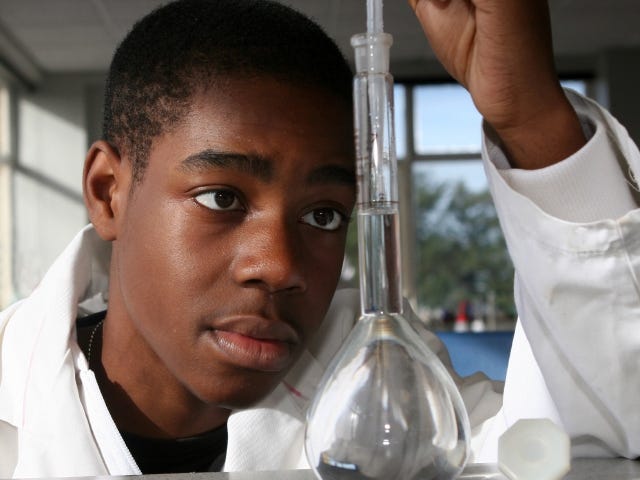The Toll of Genius in the Quest for Scientific Immortality
"Genius is pain" - John Lennon

Two towering figures have often occupied my thoughts and shaped my aspirations as a budding scientist: Thomas Young, known as "the last man who knew everything," and Paul Erdős, fondly described as "the man who only loved numbers." Inspired by their monumental legacies, I've dubbed myself "Thomas Erdős," borrowing attributes from both personas. However, despite my admiration, these two intellectual giants led dramatically different lives that warrant scrutiny. What lessons can modern scientists draw from their contrasting approaches to work-life balance?
Thomas Young died at the young age of 55, a demise that many attribute to his incessant intellectual labor. His work ethic was prodigious but potentially detrimental to his well-being. On the other hand, Paul Erdős lived until the age of 83. He was known for saying, "A mathematician is a machine for turning coffee into theorems," reflecting his own tireless pursuit of mathematical truths. The longevity of Erdős and the premature death of Young lead to a pressing question for scientists today: Should we emulate their relentless work ethics, risking our well-being, or should we strive for a more balanced, sustainable approach?

Young was a polymath of extraordinary talent and unparalleled range. By the age of four, he had reportedly read the Bible twice and before turning 14, translated it into more than 13 languages. Young was not just a linguist; his contributions to science were groundbreaking. His biographer, Andrew Robinson, famous for his biographies of scientists like Einstein, said of Young, "Versatile people have always fascinated me, but Thomas Young, for sheer range of expertise, beats them all." From pioneering the wave theory of light via his iconic double-slit experiment to establishing Young's modulus in engineering, his intellectual pursuits were exhaustive. And even on his deathbed, Young was occupied with academic work, specifically finalizing the 'Rudiments of an Egyptian Dictionary.'

Paul Erdős, meanwhile, was an enigmatic figure—a mathematical monk, who practically lived out of two suitcases. At the tender age of three, he could perform three-digit multiplications in his head. Erdős wrote over 1,500 papers, more than anyone else in the field of mathematics. His colleague, Ralph Faudree, described the intensity of working with Erdős: "The pace was grueling... He only needed three hours of sleep. He’d stay a week or two and you’d collapse at the end." This intensity came at the cost of a balanced life; Erdős never married, and he seldom established a permanent residence, preferring to live a nomadic lifestyle.
Recent studies, including one from the World Health Organization, caution against the kind of obsessive work regimen both men practiced. The report suggests that working more than 55 hours per week increases one's risk of stroke by 35% and ischemic heart disease by 17%. Other studies point to adverse mental health effects, including depression and occupational stress.
So where should we, the next generation of scientists, draw the line? Young and Erdős were indeed prodigious, but their life stories suggest that their successes were more closely tied to innate abilities rather than just long hours. As compelling as it may be to model ourselves after these icons, the key might lie in leveraging our own innate abilities while maintaining a balanced life. Neither man seemed to prioritize relationships or typical societal norms—Young was married but childless; Erdős never settled and had no family.
Therefore, as I embrace my self-coined nickname, "Thomas Erdős," it becomes clear that while these two luminaries were exceptionally brilliant, they lacked a balanced lifestyle. Their contributions to science were monumental, but the journey of life isn't merely about solving complex equations or making groundbreaking discoveries; it's also about living a well-rounded, fulfilling life.
The Final Word
When you look at the stories of Thomas Young and Paul Erdős, it's easy to get lost in the brilliance of their minds and the weight of their achievements. But if you zoom out, you will see that the picture isn't complete without considering the canvas of their personal lives—often stark, devoid of the colors of well-rounded experiences and relationships. In a world that sometimes seems to measure worth by productivity alone, let's redefine the metrics of success. After all, we're not just scientists. We're human beings, living a life that's far too complex to be summarized in a single equation or lemma.



Favorite line, `The journey of life isn't merely about solving complex equations or making groundbreaking discoveries; it's also about living a well-rounded, fulfilling life.`